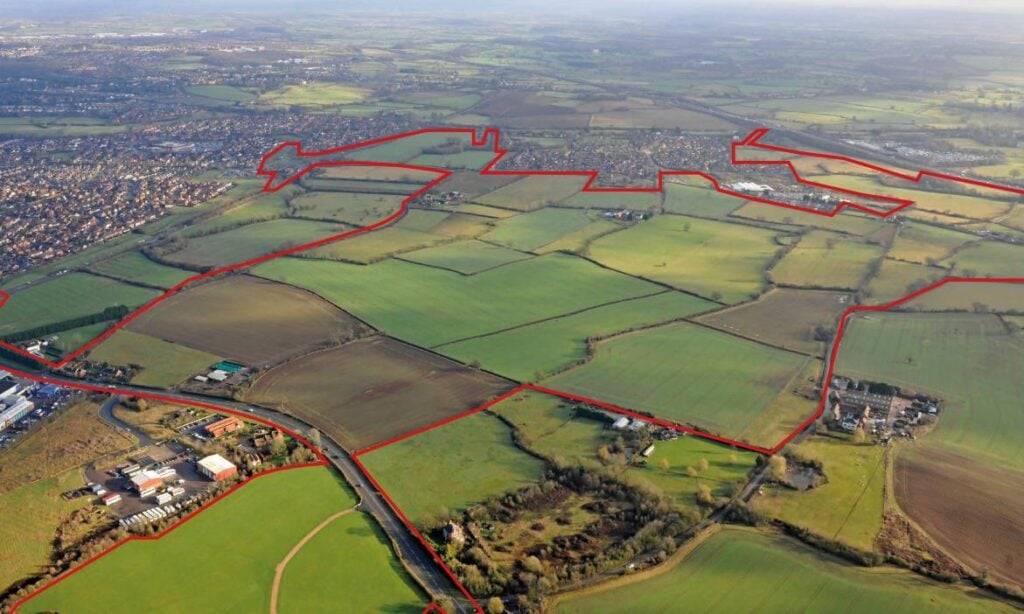As this procedure continues, Brookbanks have dived a little deeper into two specific proposals included in the Bill that are especially impactful for industry and our clients. We have also discussed some refinements of each that we consider would have a positive impact for the development industry:
- Modernising local planning committees.
- Allowing local authorities to set their own fees up to full cost recovery.
Planning Committee Reform
A central aim is to standardise and streamline planning committees, so they play their role without preventing or delaying development. These reforms represent a fundamental shift from the current inconsistent approach where local planning authorities operate individual schemes of delegation pursuant to Section 101 of the Local Government Act 1972. Currently this results in varied approaches whereby planning applications require member consideration versus officer determination under delegated powers.
The Bill empowers the Secretary of State to establish a standardised national scheme of delegation, creating consistency across all local planning authorities through a framework that categorises applications into two distinct tiers. Tier A applications, subject to officer delegation, will include those demonstrating clear compliance with adopted development plan policies, minor development proposals meeting established criteria, applications without material planning objections, and householder applications along with other permitted development proposals. Conversely, Tier B applications requiring committee determination will encompass major development proposals exceeding prescribed thresholds, applications involving significant departure from development plan policies, proposals generating substantial public interest or objection, and applications with strategic planning implications.
The legislation grants Ministers statutory powers to prescribe committee composition and governance arrangements, including minimum and maximum committee membership parameters, quorum requirements for valid decision-making, and procedural standards for application consideration. All planning committee members will be subject to mandatory certification requirements, ensuring understanding of material planning considerations under Section 70(2) of the Town and Country Planning Act 1990, knowledge of development plan policies and supplementary planning guidance, awareness of procedural requirements and natural justice principles, and recognition of the distinction between planning and non-planning matters.
These reforms target accelerated determination timeframes whilst maintaining robust assessment standards, enabling local planning authorities to reduce determination periods for routine applications, allocate professional resources more effectively, minimise potential for ultra vires decisions, and strengthen the primacy of adopted development plans. The framework preserves essential democratic oversight through retained public consultation procedures, continued material consideration assessment, member involvement in strategic development proposals, and maintained call-in procedures for allocated site developments.
Industry reaction has been broadly positive. Many commentators note that harmonising delegation should expedite the process and reduce the number of questionable decisions, for example when councillors vote against officers’ recommendations.
However, whilst the proposed reforms represent substantive improvements, certain limitations warrant consideration. The continued ability for committees to call-in developments on allocated sites preserves potential for decisions inconsistent with adopted development plans, potentially undermining plan-led system principles and maintaining the possibility of political override of local plans. Implementation success will depend significantly on consistent application across diverse local planning authority contexts and political environments.
While Brookbanks support the proposed planning committee reforms, we believe the following additional refinements would deliver further system improvements.








